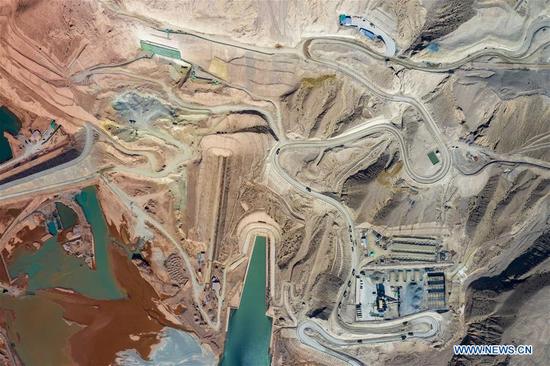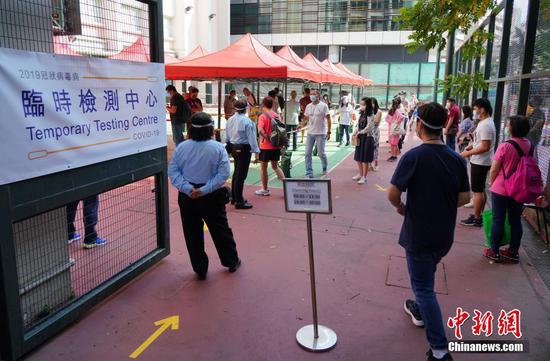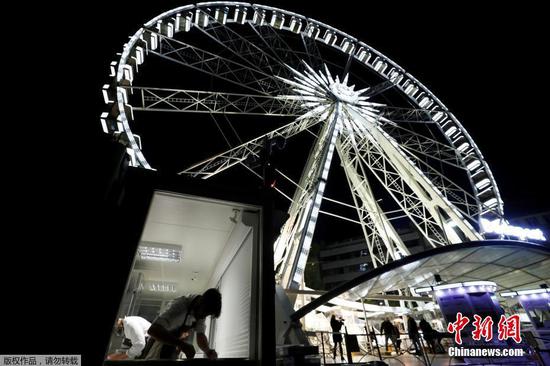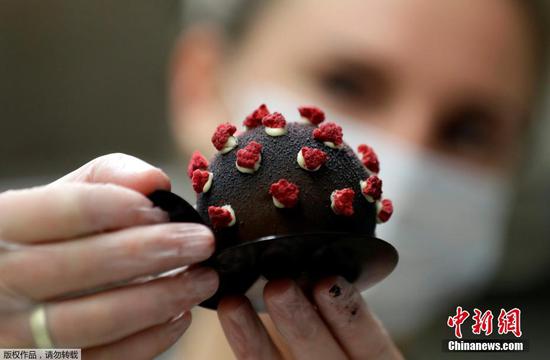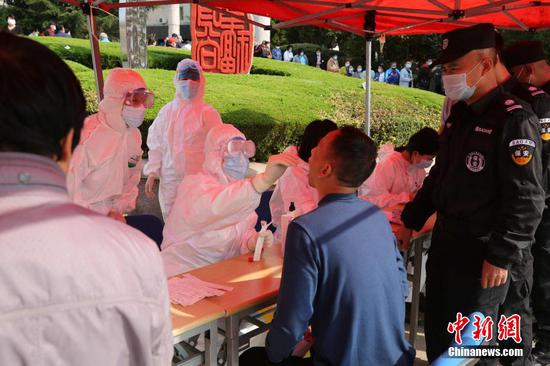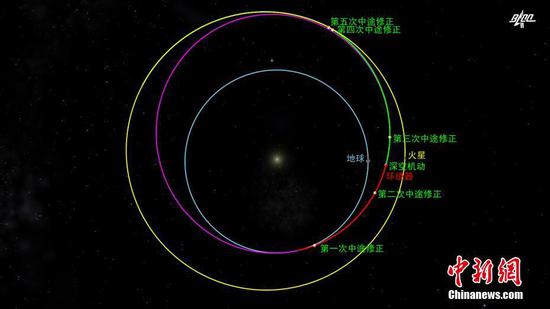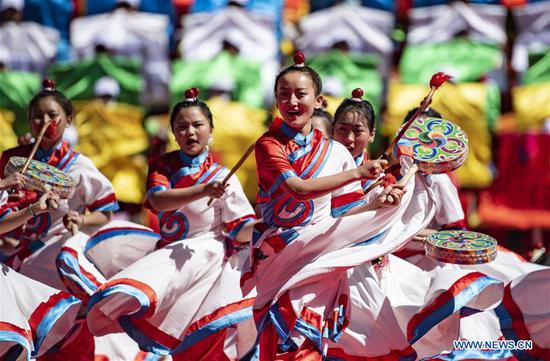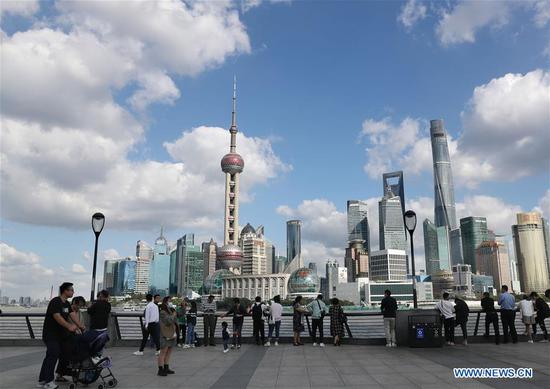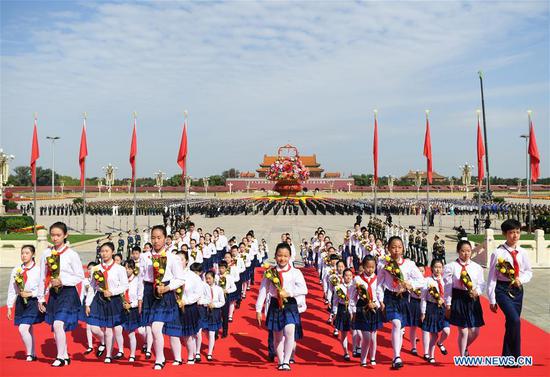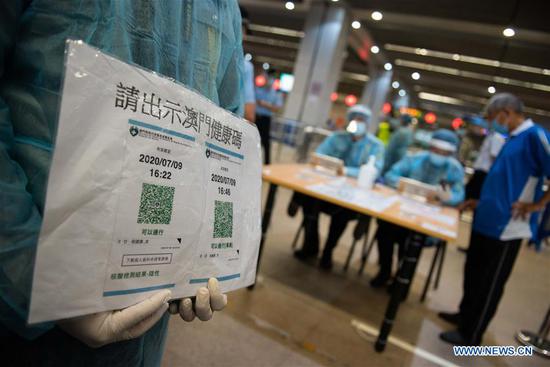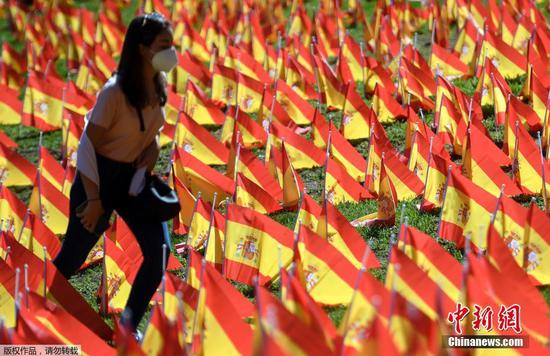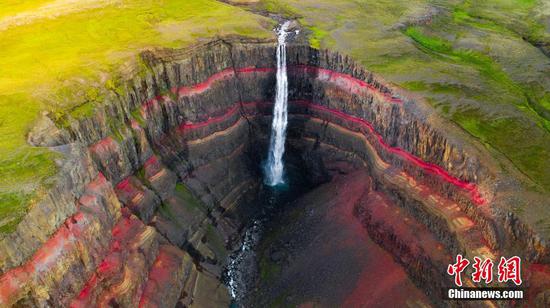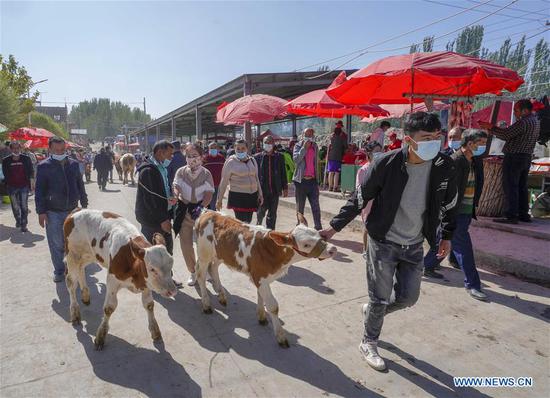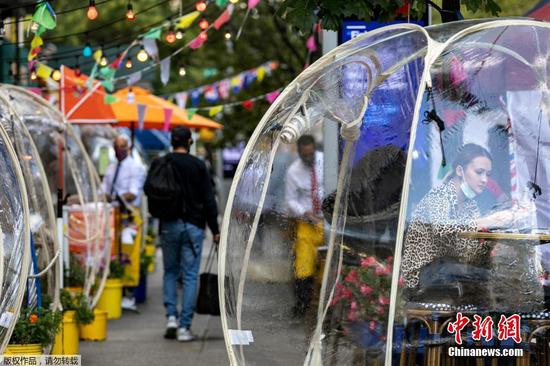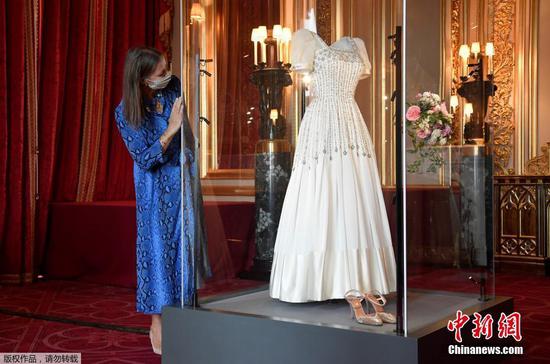More money made in 2020 than in five previous years combined, report shows
China's richest individuals have recorded the biggest wealth increase in 22 years, thanks to a resilient, changing economy and a booming stock market bolstered by new growth momentum, as shown by the latest Hurun China Rich List published on Tuesday.
The group, with minimum wealth of 2 billion yuan ($290 million), added $1.5 trillion based on calculations from Aug 28. That's equivalent to half the United Kingdom's annual GDP, taking them to a total of $4 trillion. That's more than the GDP of Germany, the world's fourth-largest economy.
The Hurun China Rich List recorded more wealth created this year than in the previous five years combined, suggesting that "the structure of the economy has evolved, moving away from traditional sectors like manufacturing and real estate, toward the new economy", said Rupert Hoogewerf, Hurun Report chairman and chief researcher.
While the first two months of the COVID-19 pandemic wiped out massive amounts of wealth, 2,398 billionaires made it to the list after a Vshaped recovery in which the economy quickly started to bounce back in the second two months and, since June, has seen a record wealth boom buoyed by the digital economy.
Half of those on the list live in six large cities-Beijing, Shenzhen, Shanghai, Hangzhou, Guangzhou and Suzhou. Shenzhen's list of superrich grew the fastest, adding 84 individuals to a total of 275.
The number of those boasting personal assets of $1 billion grew to 878, up from 621 in last year's measurement.
"At this rate, it is expected to see 10 or more Chinese entrepreneurs break through the $100 billion mark within five years," Hoogewerf said.
Healthcare overtook real estate to become the second-highest source of wealth, with 10.9 percent of the list. Manufacturing led with 23.8 percent, while real estate slipped to third at 10.6 percent, down from 14.8 percent, the biggest drop since records began in 1999.
Jiang Rensheng, 67, chairman and general manager of Chongqing-based flu and meningitis vaccine producer Zhifei, saw his wealth almost triple to $19.9 billion after China's drug regulator announced it had approved clinical human testing of a COVID-19 vaccine.
E-commerce also excelled as a wealth builder. Jack Ma, co-founder of Alibaba Group, had $58.5 billion, giving him the crown of richest person in China for the fourth time overall and the third time in a row. He was followed by Tencent's chairman, Pony Ma, who benefited from an expanding share of online gaming and digital business during the pandemic.
Emerging star performers include Wang Xing, head of food delivery service Meituan Dianping, whose wealth quadrupled to $52 billion. Huang Zheng, CEO of e-commerce platform Pinduoduo, and Liu Qiangdong, head of online retailer JD, all saw significant wealth accumulation in a year of contagion, when the role of online-to-offline shopping has risen in prominence.
A total of 27 people born in the 1990s made the list, 16 more than last year. Shenzhen-based Nie Yunchen, 29, founder of popular tea brand Heytea, was the only self-made tycoon under 30.
Hoogewerf attributed the conspicuous wealth jump to robust stock market performance. The Shenzhen ChiNext had a barnstorming year, up 70 percent year-on-year. Nasdaq was up 48 percent and the Shenzhen main board up 45 percent.
"This, combined with a flurry of new IPOs, was the main drive behind the record wealth creation on this year's Hurun China Rich List," he said.
China now has the second-largest billionaire group behind the United States, despite COVID-19 putting a dent in global wealth accumulation, according to a separate report this month by UBS and consultancy PwC.









